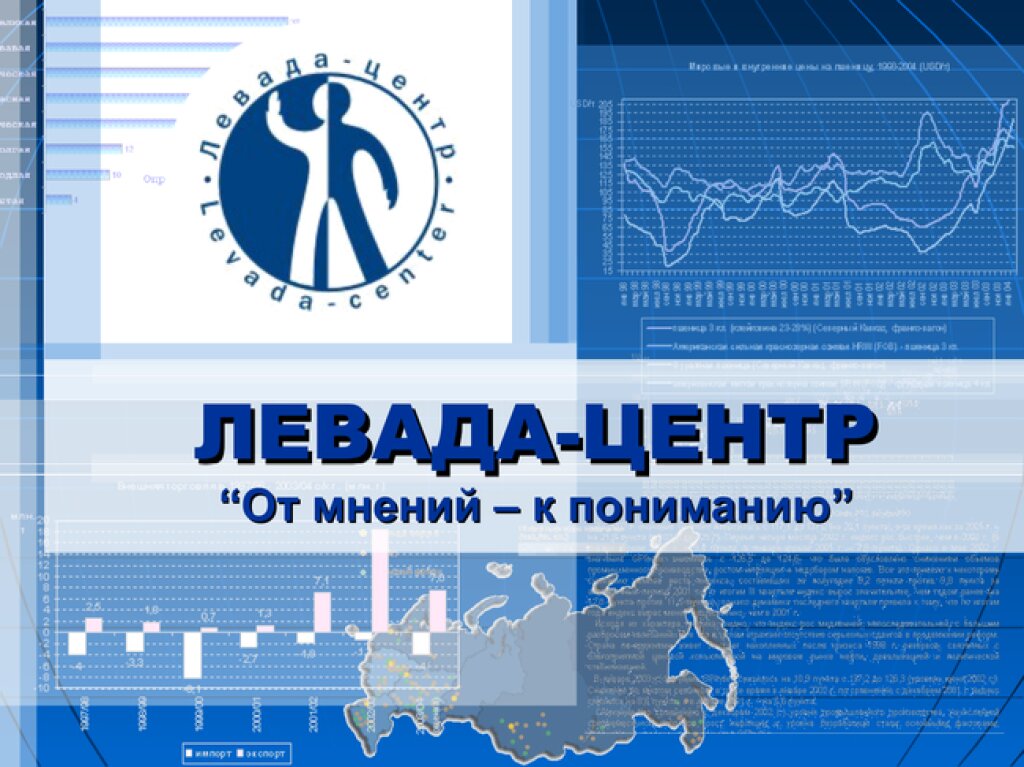Mathieu Boulègue is Global Fellow with the Polar Institute at the Wilson Center and a Visiting Scholar with the Jordan Center at NYU.
This post summarizes and expands on key findings from a recent publication in The Polar Journal, “Five Eyes strategic interests in Antarctica: implications of contemporary Russian and Chinese strategy” (2023).
The 46th Antarctic Treaty Consultative Meeting (ATCM) took place in Kochi, India in May 2024. Antarctic geopolitics have been evolving for the past few years, and especially in the context of the COVID-19 pandemic and the impact of Russia’s full-scale invasion of Ukraine starting in February 2022. Recent developments have added external stressors to the Antarctic Treaty System (ATS): wider geopolitical tension is slowly creeping into ATS multilateral management and overall challenging the perception of “Antarctic exceptionalism” namely, the belief that cooperation trumps competition.
Antarctica cannot be solely defined by catastrophic visions of a bleak future: geopolitical tension around the Southern continent is not new and the ATS is not about to crumble. Yet the region is slowly shaping up to become a “contested space” in the context of potentially nefarious Russian and Chinese activities. The emergence of a ‘BRICS+’ coalition, courted by both Russia and China, could equally disrupt good regional governance.
Both countries are gradually reshuffling the cards of good governance and consensus-based decisions within the ATS. Russia and China are neither allies nor competitors in Antarctic affairs, instead relating to one another in a pragmatic manner based on short-term, calculated interests. Even as Russia acts as a spoiler to the ATS, China actively contests governance and norms.
Taken together, Moscow and Beijing leverage their ability to act as a force multiplier to disrupt good governance. Moscow generally blocks decisions as part of its ongoing guerrilla lawfare against the system, seeking to protect its perceived interests and exploit geopolitics to its advantage. Meanwhile, China seeks to create better options for itself in Antarctic governance and ensure that Beijing’s views are respected, specifically in the areas of rational use of resources and conservation.
The question remains whether these nations’ actions are coordinated or merely opportunistic. Judging from the pattern of obstructive behavior at previous Antarctic Treaty Consultative Meetings and within the Convention on the Conservation of Antarctic Marine Living Resources, originally established in 1980, the Russian and Chinese delegations cooperate informally, if they do not directly coordinate their actions. One instance of this apparently concerted obstructionism is Russia and China’s joint opposition to the creation of Marine Protected Areas in the Southern Ocean.
The countries have also both challenged international environmental governance. This is an area where Moscow and Beijing are already actively challenging existing norms and seeking to impose their “free-for- all,” “first come, first served” vision of resource prospection and exploitation in the Antarctic region. Upholding a just balance between protecting and using Antarctica and the Southern Ocean is now the main challenge to the ATS.
China and Russia both understand the Antarctic as a strategic frontier where established norms are pliable and open for (re)interpretation. Of particular interest from the perspective of the ATS are suspected dual-purpose activities and risks linked to the militarization of the continent and the Southern Ocean. Under the ATS, Antarctica is a demilitarized continent where military activity is limited to peaceful purposes only. Yet because the ATS does not define said purposes, they are open to interpretation—and undeniable exploitation by Russia and China, especially when military operations take place under the guise of “scientific research.”
One of the main challenges Russia and China pose to the stability of the ATS is linked precisely to these dual-purpose activities, specifically military intelligence operations conducted during ground-based space research or “ocean science.” The Antarctic has not yet reached a period of militarization, but it is no longer fully non-militarized or used solely for peaceful purposes.
The longer-term risk is that aforementioned opposition to the consensus-based decision-making process within the ATS slowly starts eroding overall trust in regional governance. Over time, such disruptions could create cracks in the ATS and divide the Antarctic Treaty Consultative Parties community based on alternative views of regional governance. Particularly influential in this respect would be Chinese or Russian definitions of “rational use” or “peaceful exploitation” of regional resources.
Yet if Russia’s and China’s purposes sometimes align, their long-term strategy and approach to the ATS tend to diverge, limiting the depth of their interaction and prospects for deeper cooperation. Mutual divergences are already visible when it comes to future regional presence. For instance, Moscow is concerned that Beijing’s posture in the region will lead to pre-emptive Chinese commercial dominance of resource exploitation in the Southern Ocean.
These problems notwithstanding, the ATS is not about to crumble. But constant push and pull factors might, with enough time and impetus, slowly erode regional governance. The ATS will undeniably have to modernize its approach and structures to take account of recent geopolitical developments and their technological implications—particularly as concerns military technology and suspected dual-use activities. ATS provisions written in the context of the 1960s are not adapting well to the current context.



